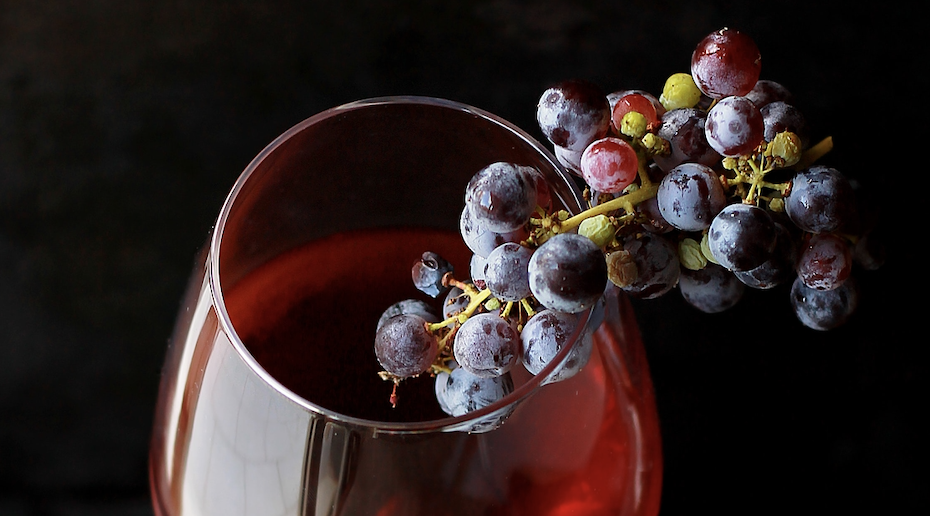When I was working in a wine shop in Boston about seven years ago, one of the most interesting recurring interactions I’d have was when a customer came into the store, sheepish and confused. They’d ask me—in a tone that felt preemptively hopeless—”Do you have any vegan wines?”
Frequently, it was a request couriered to them by a vegetarian/vegan friend. They’d claim they never even knew wine wasn’t vegan; isn’t it just crushed grapes? Always a fair question, I’d respond, but most wines—especially those produced at a larger scale—typically use some sort of animal product during the winemaking process that technically renders it “un-vegetarian.” With that crushing information delivered to their psyche, I would have to further inform them I wasn’t quite sure which of our wines in the shop are vegan, because it’s virtually impossible to track down the ways in which animal products were or weren’t used in the winemaking process of each bottle. Unless it was explicitly stated on the label (or the assets that came from the distributor listed it as such) we’d assume there were animal products used, and would have a difficult time recommending something that was safely applicable for the request.
Why aren’t many wines vegan? Wine Spectator’s Dr. Vinny explains it succinctly: “Egg whites (as well as powdered clay, gelatin and even fish bladders) can be used in the “fining,” or clarification and stabilization, of wines. These fining agents are added to a wine to coagulate with sediment particles and settle to the bottom, where they can be easily removed. Egg whites are popular for their high content of albumin (a type of protein), which make them a good tool for fining wine because they gently absorb harsh and bitter tannins, leaving behind softer tannins.”
With it being so difficult to single out which wines use animal products in the processing of their wines, one must wonder whether there is an intentionality behind this non-disclosure. Wine, famously, doesn’t need to list the ingredients used during its production. Many times, the consequences of this are pointed out by consumers decrying the extra chemical ingredients many use to enhance the “wine-like” qualities of the product (coloring agents like Mega Purple, manual additions of tartaric acid to give the mountfeel more balance), but the carte blanche that wine producers have in making their offerings extends to the sneaky use of these animal products that would make vegetarian/vegan shoppers think twice before purchasing their bottles.
As an antidote—expedited by an increase of consumers’ interest in the wellness industry—there has been a relatively new crop of wines that identify as “vegan” as their leading value proposition. These wines situate themselves within the confusing arena of “non-traditional wines,” which includes products that identify as anything from natural to sustainable to “clean”. The problem is that without widespread, easy-to-understand education, it can be simple to mislead customers into thinking that a vegan wine is markedly better for you than the competition—even if the farming practices behind the wine or way they treat their workers are ultimately more deplorable.
And while it’s great that wines can be made without the (frankly sketchy) use of fish guts or egg whites, these producers are liable for enabling consumers into drinking more wine under the guise that they’re good for you. Indeed, many of these brands take part in pushing forward the misconception that an all-plant-based diet can solve all your problems; but remember—just because it’s vegan, doesn’t mean it’s healthy.
Moving forward, it should be interesting to see how a crowded field of alternative wines solidifies itself into distinct categories that offer something unique. I would assume that in most cases, there will be a segment of shoppers who will be interested in purchasing wine tailored to their exact stance on consumption habits. There are seemingly endless amounts of consumers out there with different mindsets on drinking and living; the continued success of the forebears of the “wine wellness” genre whose appeal should have died years ago—Skinny Girl Wine, for example—reflects that.


